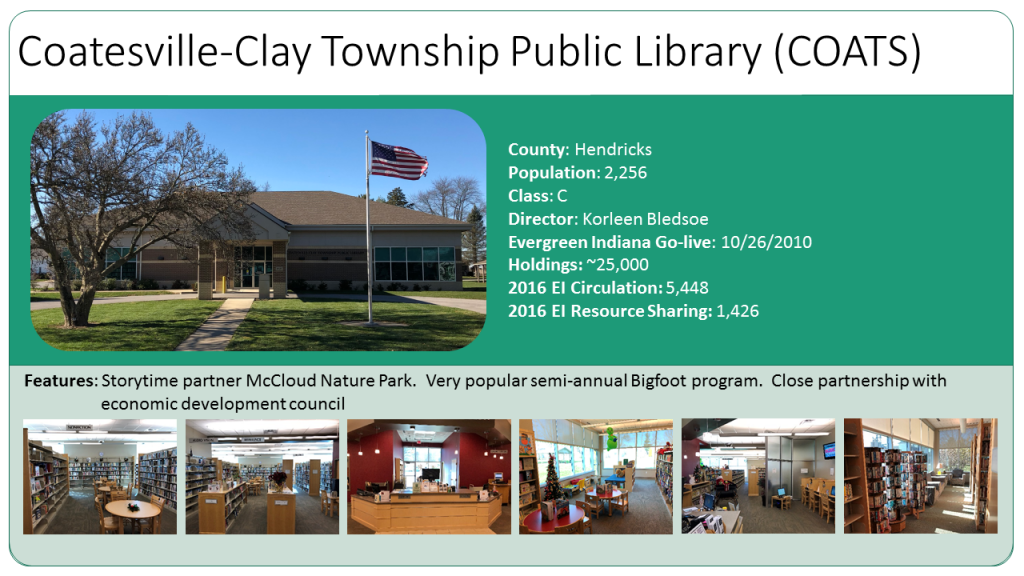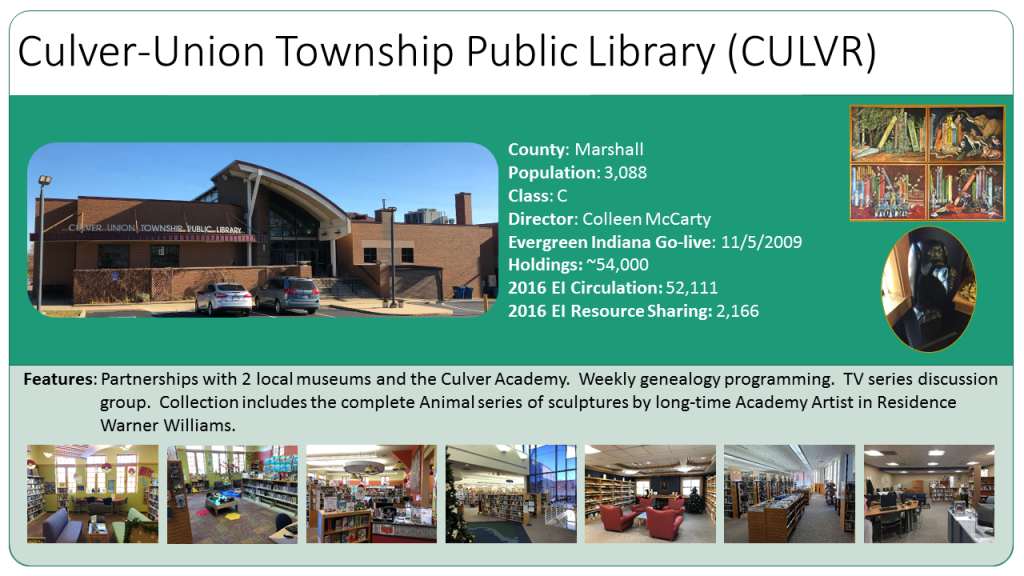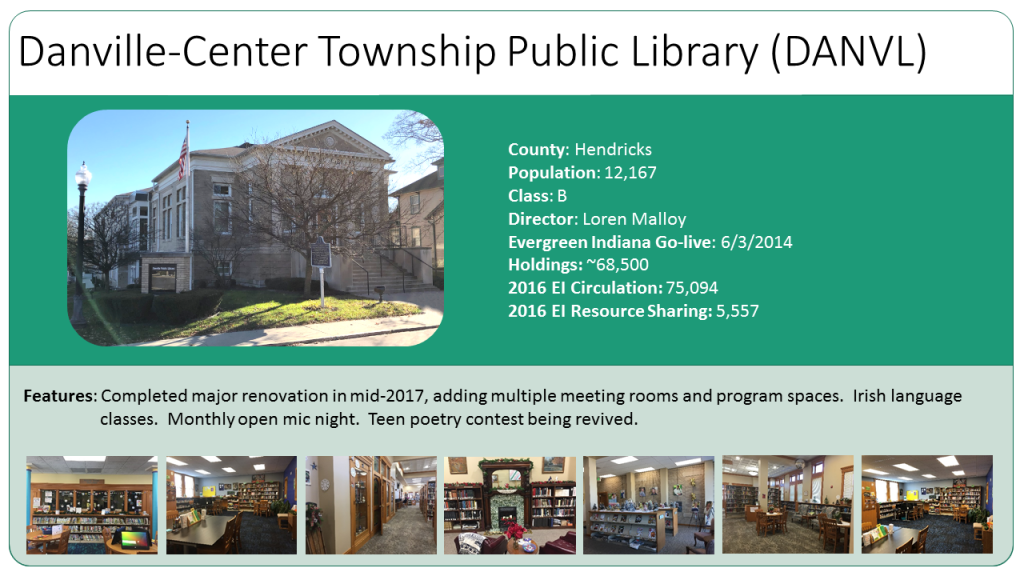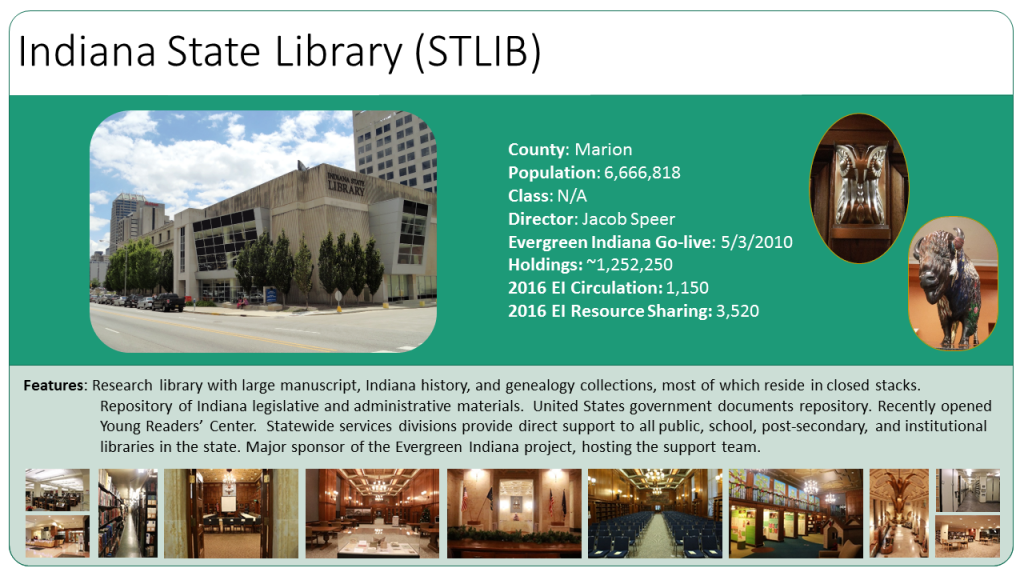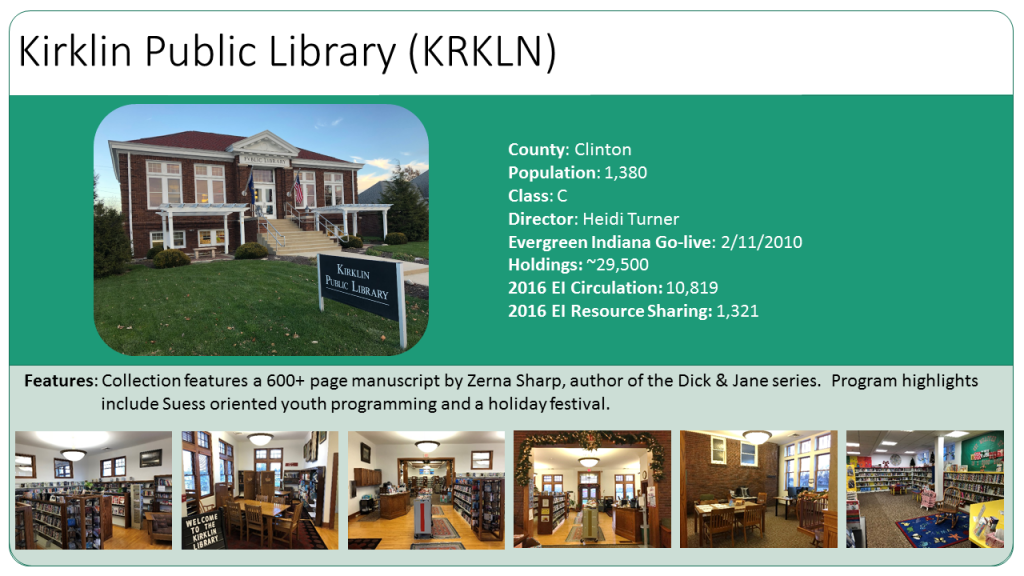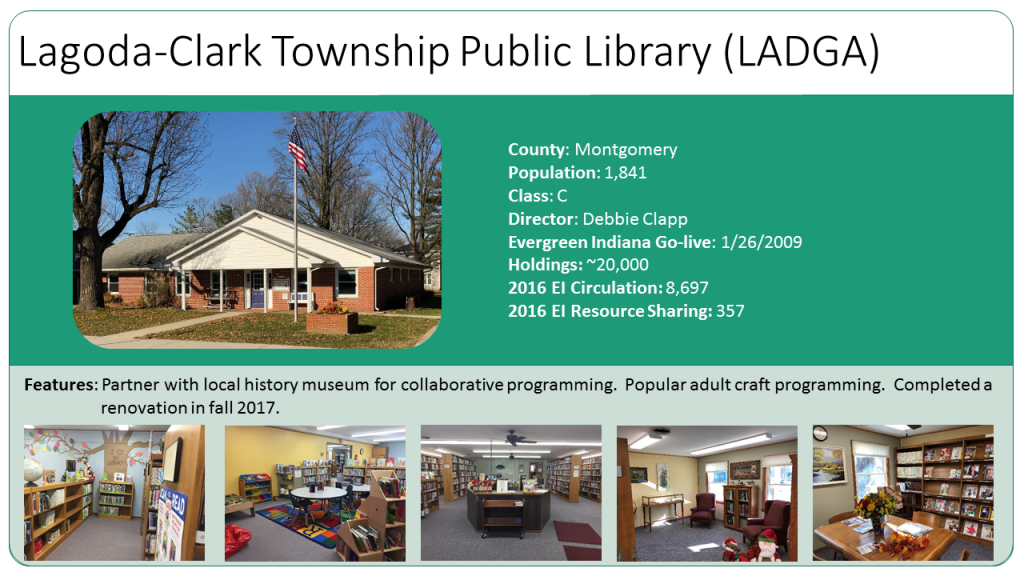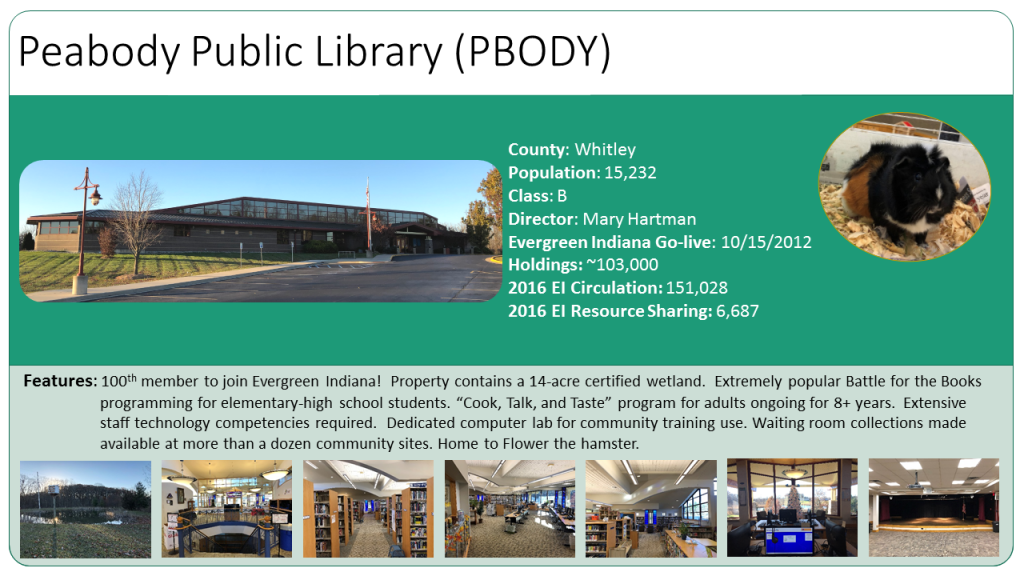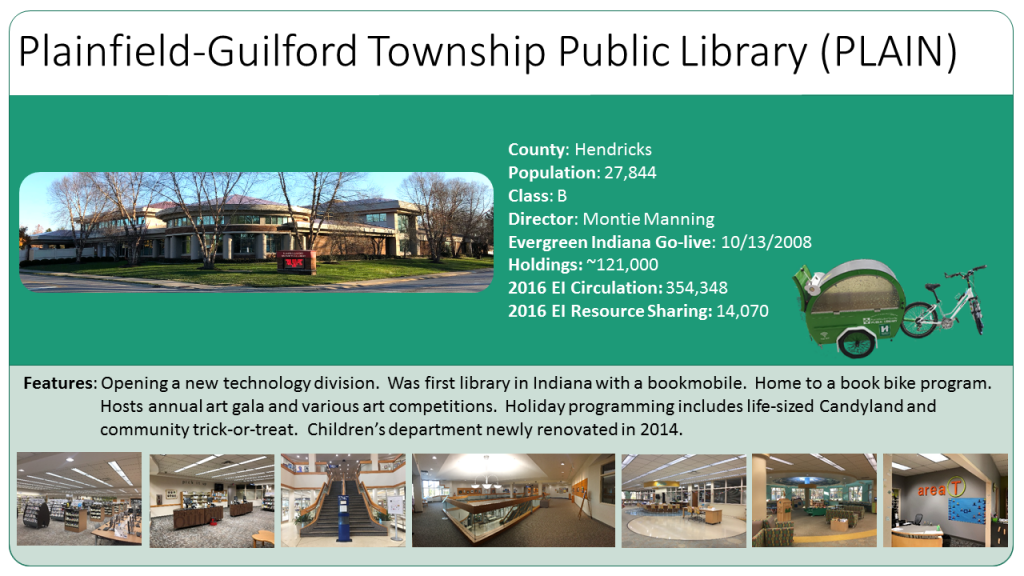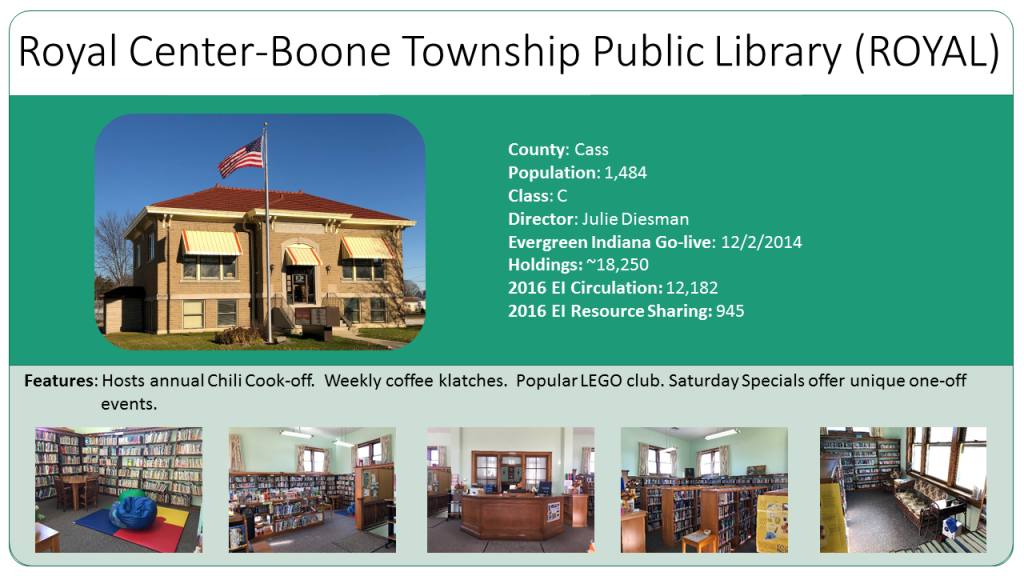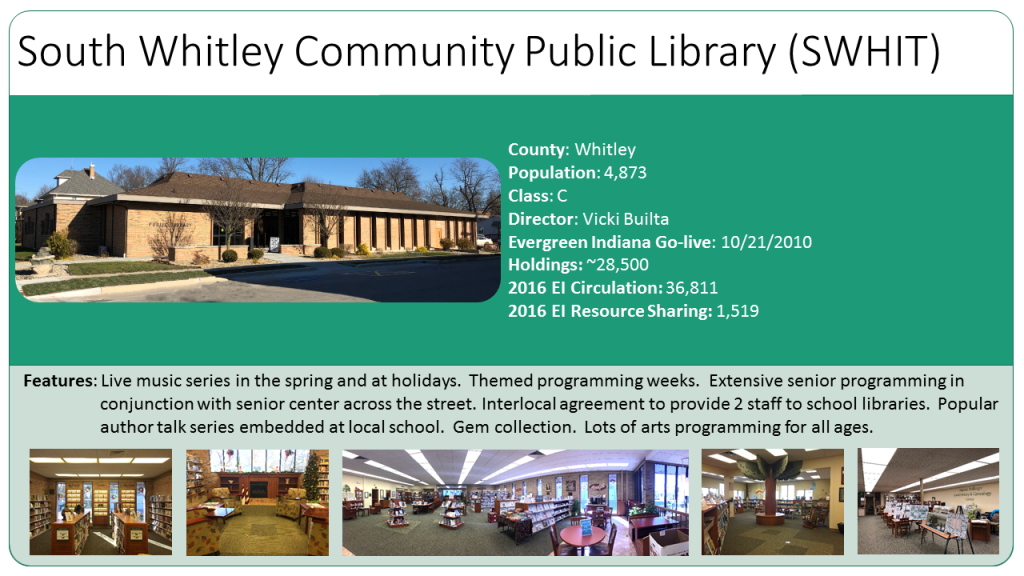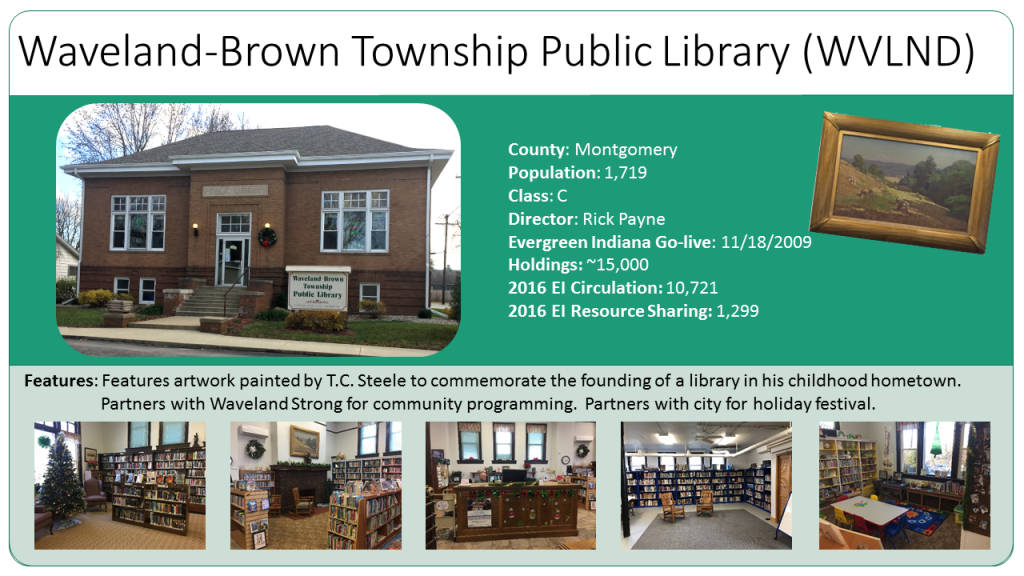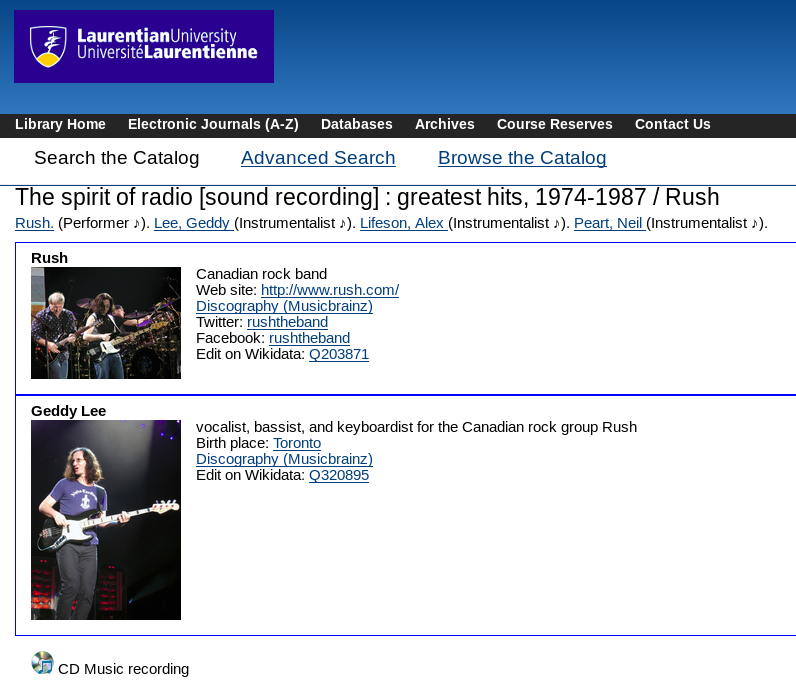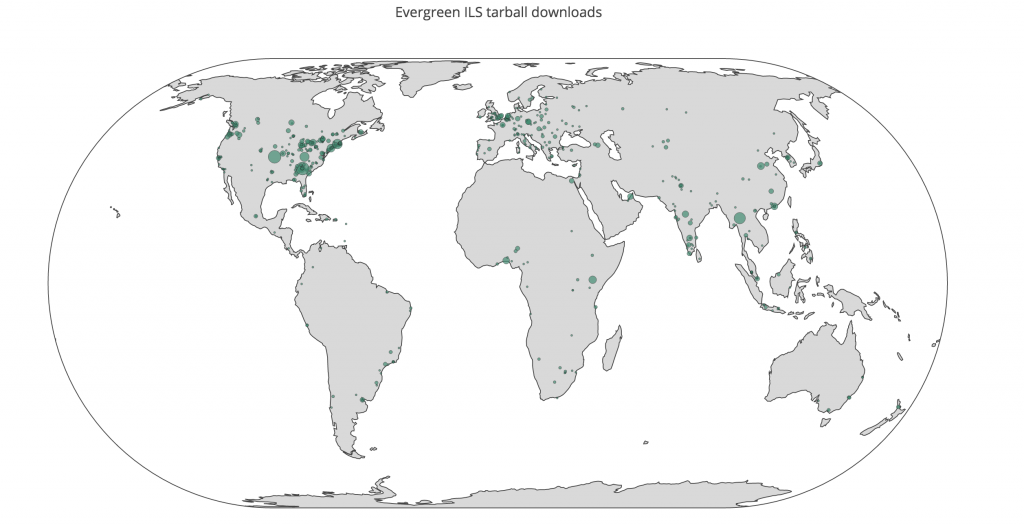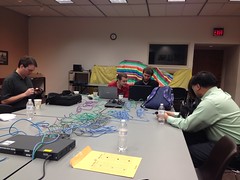Receipt Template Editor Variables
General variables
%LIBRARY% Library full name
%SHORTNAME% Library Policy Name
%STAFF_FIRSTNAME% First name of Staff login account
%STAFF_LASTNAME% Last name of Staff login account
%STAFF_BARCODE% Barcode of Staff login account
%STAFF_PROFILE% Profile of Staff login account
%PATRON_FIRSTNAME% First name of Patron
%PATRON_LASTNAME% Last name of Patron
%PATRON_BARCODE% or
%patron_barcode% Patron Barcode
%TODAY% Full Date and time in the format: Wed Sep 21 2011 13:20:44 GMT-0400 (Eastern Daylight Time)
%TODAY_TRIM% Date and time in a shorted format: 2011-09-21 13:21
%TODAY_m% Two digit Month: 09
%TODAY_d% Two digit Day: 21
%TODAY_Y% Year: 2011
%TODAY_H% Hour in 24 hour day: 13
%TODAY_I% Hour in 12 hour format: 1
%TODAY_M% Minutes of the Hour: 24
%TODAY_D% date in standard US format: 09/21/11
%TODAY_F% date in International Standard: 2011-09-21
Additional variables for various slips
Hold Slip
%ROUTE_TO% It should say Hold Shelf if it is a hold being fulfilled
%item_barcode% Item Barcode
%item_title% Item Title
%hold_for_msg% Hold for Message: this gives the patron’s Name
%PATRON_BARCODE% Patron’s Barcode
%notify_by_phone% Phone number listed in the Hold Database. This may not be the same s what is in the Patron’s record, as they can list another number when placing the hold.
%notify_by_email% Email listed in Hold Database. Same as phone number
%request_date% The date that the Request was originally placed.
%formatted_note% Hold Notes (new to 2.1)
Transit Slip
%route_to% Library Policy Name that the item is in transit to
%route_to_org_fullname% Library Full Name that the item is in transit to
%street1% Library Street address Line 1 that the item is in transit to.
%street2% Library Street address Line 2 that the item is in transit to.
%city_state_zip% City, State, Zip of Library the Item is in transit to.
%item_barcode% Item Barcode
%item_title% Item title
%item_author% Item Author
Hold Transit Slip
%route_to% Library Policy Name that the item is in transit to
%route_to_org_fullname% Library Full Name that the item is in transit to
%street1% Library Street address Line 1 that the item is in transit to.
%street2% Library Street address Line 2 that the item is in transit to.
%city_state_zip% City, State, Zip of Library the Item is in transit to.
%item_barcode% Item barcode
%item_title% Item title
%item_author% Item Author
%hold_for_msg% Hold for Message: this gives the patron’s Name
%PATRON_BARCODE% Patron’s Barcode
%notify_by_phone% Phone number listed in the Hold Database. This may not be the same s what is in the Patron’s record, as they can list another number when placing the hold.
%notify_by_email% Email listed in Hold Database. Same as phone number
%request_date% Date that the Request was originally placed
Check out
%title% Title
%author% Author
%barcode% Item Barcode
%due_date% Due Date in US format with 2.1, International format with 1.6
For type: payment
%original_balance% The original balance the patron owes
%payment_received% How much was received from the patron
%payment_applied% How much of the payment was applied
%payment_type% What type of payment was applied: IE Cash
%voided_balance% Any Voided balance
%change_given% How much change was given
%new_balance% The new balance on the account
%note% Any notes on the annotated payment
%bill_id% The Id for the bill in the Bill database
%payment% How much of the payment that was applied was applied to this title
%title% Title that the payment was applied to.
%last_billing_type% The type of bill that was last charged to the patron for this title
%barcode% Item barcode
%title% title of item

